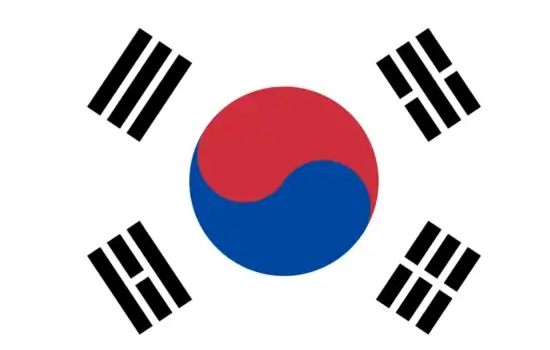On December 3, 2024, South Korean President Yoon Suk Yeol declared emergency martial law, citing threats from “communist forces” and “anti-state elements” allegedly undermining the nation’s democratic institutions. This unprecedented move, the first since the country’s democratization in 1987, has ignited significant political turmoil and raised concerns about the future of South Korea’s democracy.
Backdrop to the Declaration
President Yoon’s announcement came amid escalating political tensions, particularly over a contentious budget bill. In a televised address, he accused the opposition, which holds a majority in the National Assembly, of paralyzing the government and endangering public safety. He asserted that the martial law was essential to “safeguard a liberal South Korea from the threats posed by North Korea’s communist forces and to eliminate anti-state elements.”
Immediate Consequences
The declaration granted the military authority to maintain order, leading to the suspension of parliamentary activities and restrictions on media operations. Military personnel were deployed in key areas of Seoul, including the National Assembly, which was sealed off, and helicopters were observed landing on its roof. These actions prompted widespread public unrest and protests, with citizens expressing deep concerns over the abrupt suspension of democratic processes.
Political Repercussions
The opposition swiftly condemned the martial law declaration. Lee Jae-myung, leader of the Democratic Party, labeled the move as “illegal and unconstitutional,” fearing potential arrests of parliamentary members. Even within President Yoon’s People Power Party, there was dissent; party leader Han Dong-hoon criticized the decision as “wrong” and vowed to oppose it alongside the public.
Economic Impact

The political instability had immediate economic repercussions. The South Korean won depreciated by over 1% against the U.S. dollar, and the stock market experienced significant declines. Major corporations convened emergency meetings to assess the situation, reflecting concerns about the potential long-term effects on the country’s economic stability.
International Response
The international community closely monitored the developments. The United States and other allies expressed concerns over the suspension of democratic processes and urged a swift return to normalcy. Travel advisories were issued, cautioning citizens about potential unrest in South Korea.
Reversal of Martial Law
Facing mounting pressure, the National Assembly convened an emergency session and voted unanimously to rescind the martial law declaration. Subsequently, President Yoon lifted the martial law order after a Cabinet meeting, and the Martial Law Command was disbanded. Despite this reversal, the incident has left an indelible mark on the nation’s political landscape.
Historical Context
This episode marks the first imposition of martial law in South Korea since 1979, during Chun Doo-hwan’s military dictatorship. The nation’s transition to democracy in 1987 was intended to prevent such authoritarian measures, making this recent declaration a significant deviation from its democratic trajectory.
Public Sentiment and Future Outlook
The abrupt declaration and subsequent lifting of martial law have intensified public scrutiny of President Yoon’s leadership. Calls for his resignation have emerged from various sectors, including labor unions and civil society groups. The Korean Confederation of Trade Unions, the country’s largest labor union, has announced plans for a general strike demanding Yoon’s resignation, signaling potential for prolonged unrest.
Conclusion
President Yoon Suk Yeol’s brief imposition of martial law has plunged South Korea into a political crisis, challenging the resilience of its democratic institutions. As the nation navigates the aftermath, the incident serves as a poignant reminder of the delicate balance between maintaining national security and upholding democratic freedoms. The coming weeks will be critical in determining South Korea’s commitment to its democratic principles and the restoration of public trust in its governance.

